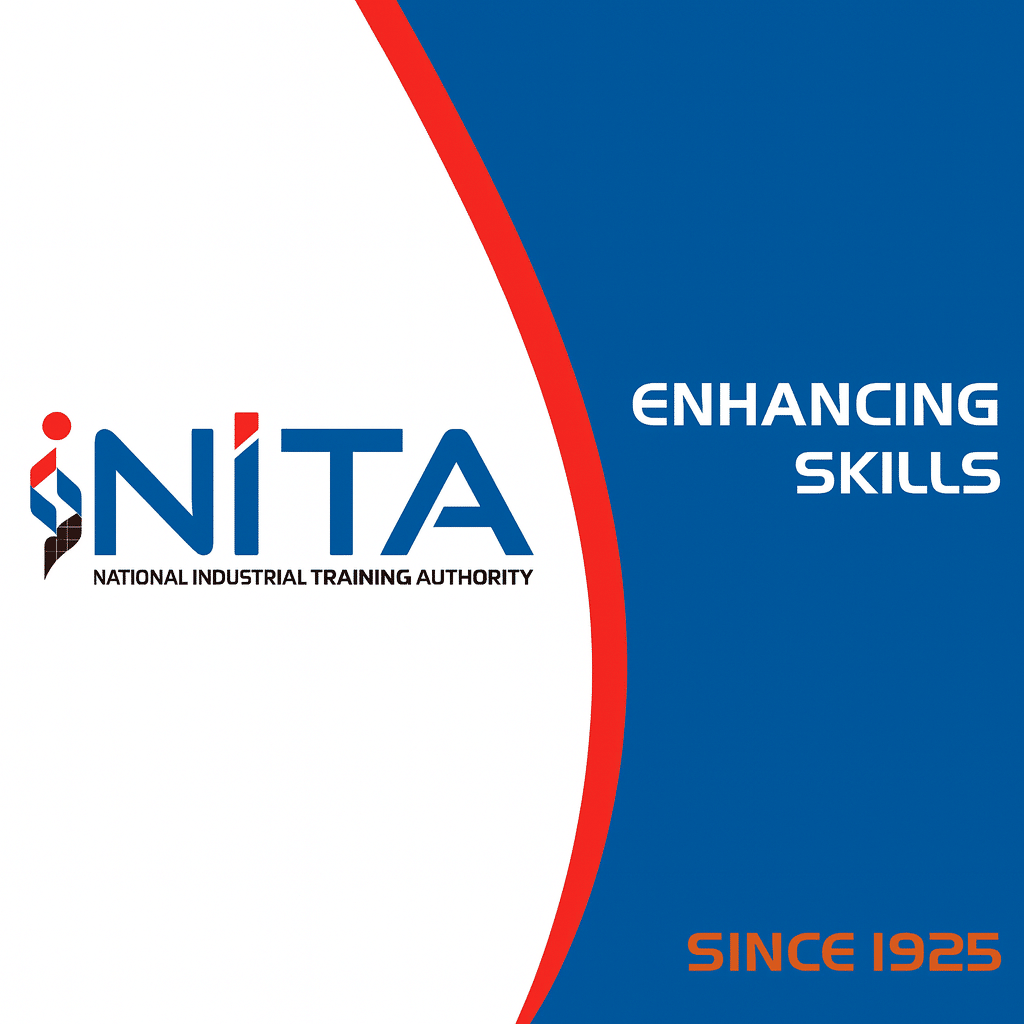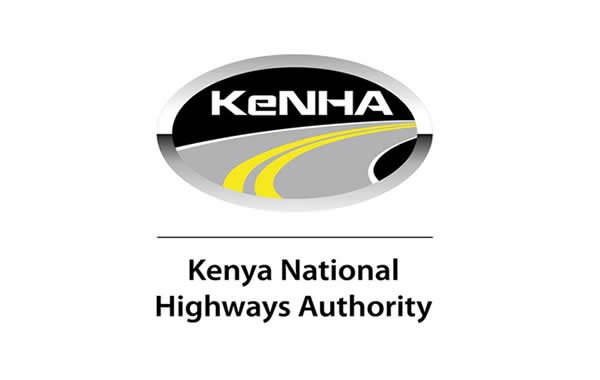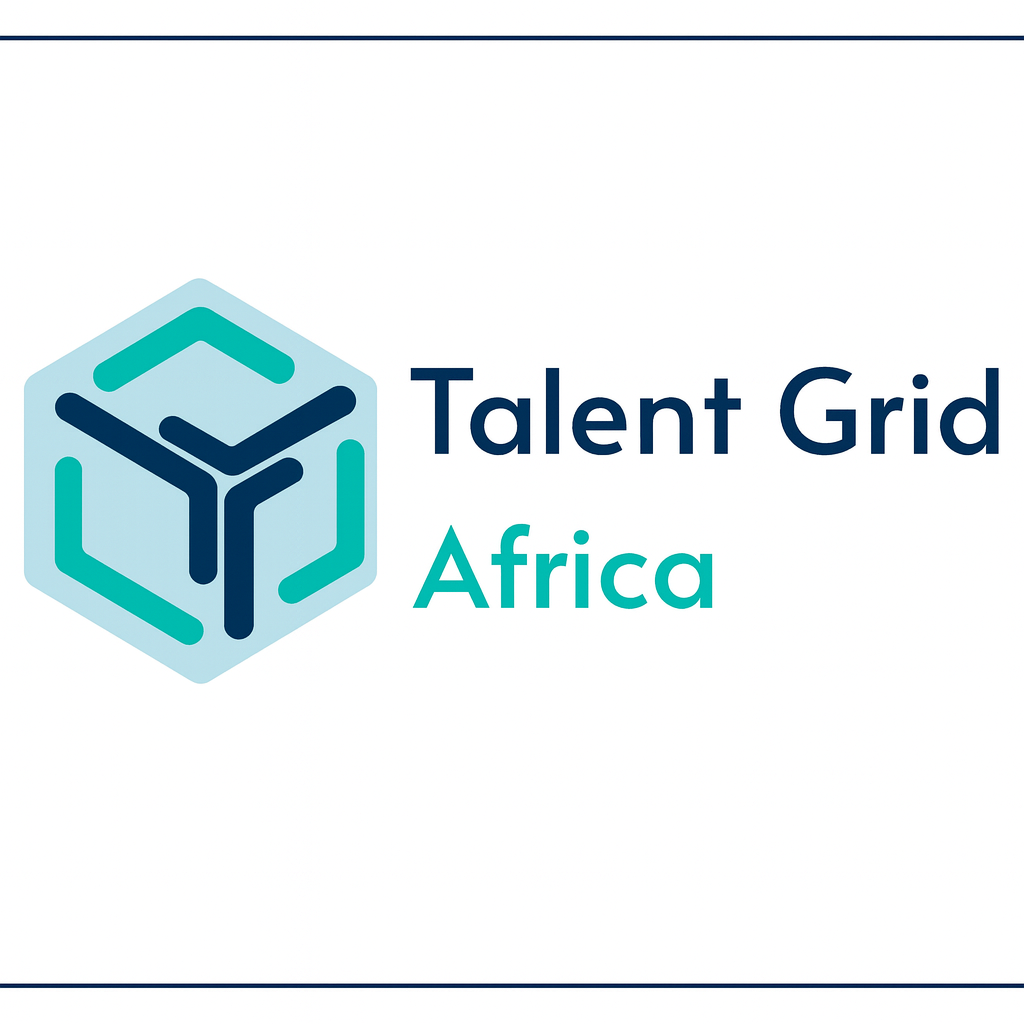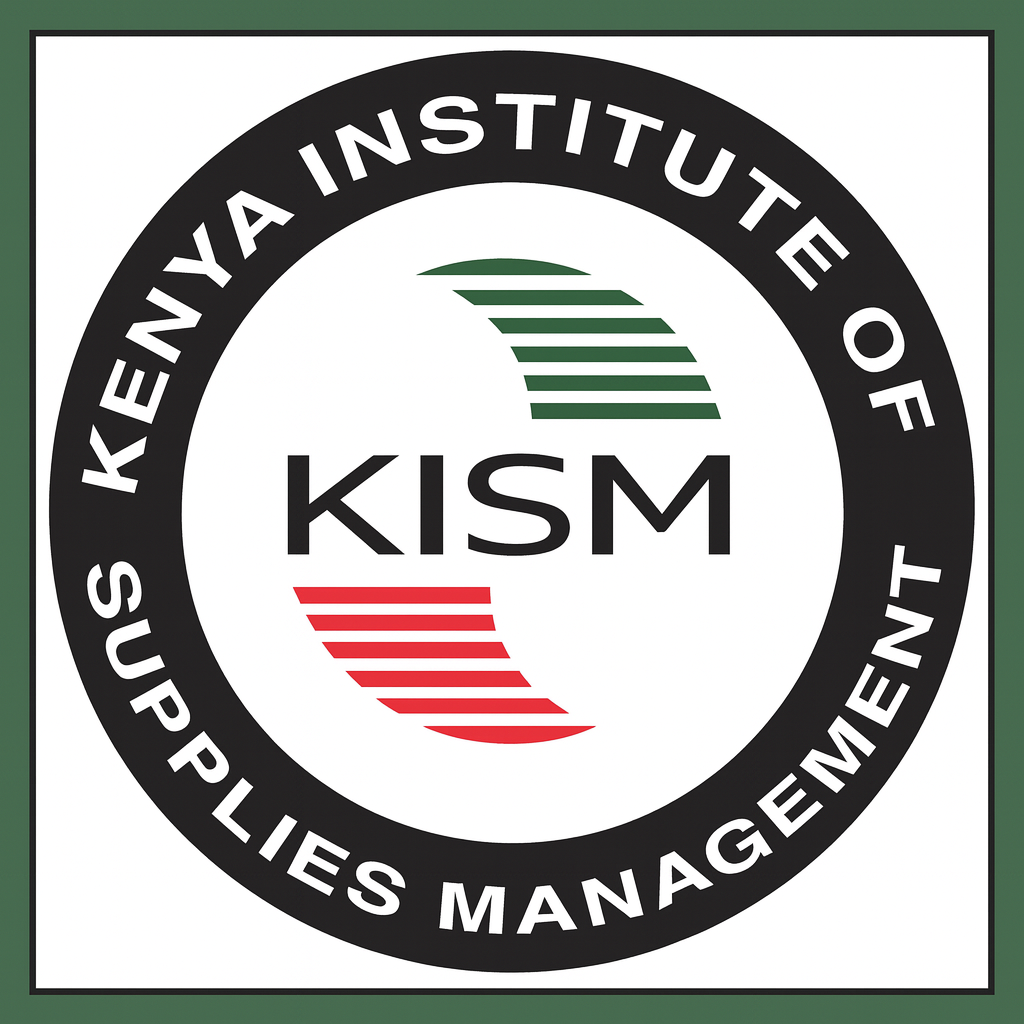
- Position Title: Apprentice in Supply Chain Management
- Location: Nairobi, Kenya
- Employment Type: Full-Time
- Number of Vacancies: 10
- Salary: KES 15,000 – 25,000 Monthly (This range is realistic based on 2025 market data from MySalaryScale and Glassdoor, where average apprentice stipends in Kenya’s supply chain sector are KES 18K-30K monthly, adjusted for a one-year programme at a statutory body like KISM, comparable to apprenticeships at TVET institutions or firms like Unilever, factoring in hands-on training, certification pathways, and potential allowances for transport or certification fees.)
- Category/Department: Supply Chain Management
- Reporting To: Programme Coordinator or Designated Supervisor
- Application Deadline: October 10, 2025 (Midnight)
Introduction
The Apprentice in Supply Chain Management role through the Kenya Institute of Supplies Management (KISM) House of Procurement (HOP) programme offers a hands-on career launchpad for young Kenyan graduates passionate about mastering procurement, logistics, and ethical supply practices in a regulated profession. This full-time, one-year apprenticeship for the first cohort of 10 participants is designed for driven individuals to gain practical skills under expert guidance, contributing to KISM’s mandate of registering, licensing, training, and regulating supply chain professionals under the Supplies Practitioners Management Act, 2007 (SPMA).
As an apprentice, you will support operational tasks, learn compliance standards, and document processes, aligning with KISM’s vision to promote integrity and professionalism in Kenya’s KES 1 trillion procurement market. This opportunity is ideal for recent graduates seeking structured mentorship in Nairobi’s vibrant supply chain ecosystem, building credentials for roles in public and private sectors while advancing national goals for efficient, transparent sourcing.
About Kenya Institute of Supplies Management (KISM)
The Kenya Institute of Supplies Management (KISM), established as a statutory body under Section 3 of the Supplies Practitioners Management Act, 2007 (SPMA), serves as Kenya’s national professional membership organization for supply chain management practitioners, with a mandate to register, license, train, discipline, and regulate over 20,000 members to uphold ethical standards and best practices. Headquartered at KISM Tower on Ngong Road in Nairobi, the institute operates from a modern 12-story facility that houses training centers, examination boards, and the Kenya College of Supply Chain Management (KCSCM), a TVET-registered entity offering CPSP-K and APS-K certifications in partnership with bodies like CIPS and CILT. KISM’s reach extends nationwide through 10 regional chapters, supporting procurement reforms in government (KES 2 trillion annual spends) and private sectors via CPD events, webinars, and anti-fraud masterclasses developed with agencies like DCI, PPRA, and ODPP.
KISM’s impact is profound: it has trained over 50,000 professionals since 2007, influencing policies like the Public Procurement and Asset Disposal Act, and earning accolades such as the 2024 IRA Innovation Award for digital tools. The House of Procurement (HOP), KISM’s innovation arm, focuses on practical apprenticeships to bridge academia and industry, validating skills in areas like humanitarian supply chains and big data analytics. With a budget supporting 100+ annual events, KISM fosters inclusivity, encouraging women, youth, and PWDs through scholarships and targeted programmes, aligning with Vision 2030’s procurement pillar for economic efficiency.
For the Apprentice in Supply Chain Management, KISM provides a rigorous, supportive ecosystem where hands-on learning meets regulatory expertise, with rotations in procurement, warehousing, and contract management. The programme’s first cohort emphasizes real-world application, from red-flag detection in tenders to sustainable sourcing, preparing apprentices for certification and leadership. Rated highly for professional development, KISM’s culture of integrity and adaptability equips participants to thrive in Kenya’s evolving supply chain landscape, contributing to transparent, resilient systems that power national growth.
Key Responsibilities
As an Apprentice in Supply Chain Management in KISM’s House of Procurement (HOP) programme, you will support practical training and operational tasks to build core competencies. Key duties include:
- Assist in Procurement Processes: Support tender evaluations, supplier vetting, and contract drafting, learning to apply SPMA standards for ethical sourcing.
- Conduct Data Entry and Analysis: Input supply chain data into systems like KISEB’s platforms, performing basic analytics on inventory and costs using Excel or procurement software.
- Organize Records and Filing: Maintain organized documentation for audits, including supplier files and compliance records, ensuring confidentiality per IRA guidelines.
- Participate in Training Sessions: Attend CPD workshops on topics like humanitarian supply chains or big data in SCM, applying learnings to mock projects.
- Support Event Logistics: Assist in coordinating KISM events, such as webinars on contract negotiation, handling registrations and materials.
- Monitor and Report Activities: Track apprenticeship progress, documenting tasks like stock counts or risk assessments in reports for supervisors.
- Perform Ad-Hoc Duties: Undertake additional tasks, such as research on MSME challenges or assisting in anti-fraud simulations, as assigned.
These responsibilities immerse the apprentice in KISM’s ecosystem, fostering skills for professional registration and career advancement.
Qualifications and Skills
The Apprentice in Supply Chain Management programme targets recent graduates with strong academic foundations, as per KISM’s criteria:
Required Qualifications and Skills:
- Education: Upper Second Class Honours (2:1) degree in Supply Chain Management, Procurement, Business Administration, or related field, obtained within the last 3 years.
- Age: Not specified, but typically for young graduates (under 30).
- Soft Skills: Excellent communication, adaptability, analytical thinking, quick learning, and teamwork abilities.
- Technical Skills: Basic proficiency in MS Office (especially Excel) and eagerness to learn procurement tools.
Company Culture and Values
KISM embodies a professional, inclusive culture of integrity, innovation, and public service, as the guardian of Kenya’s supply chain standards under SPMA. With 20,000+ members and a diverse staff reflecting Kenya’s ethnic mosaic, the institute promotes equity through women/youth/PWD initiatives and regional chapters, fostering collaboration via monthly bulletins and forums like the Heads of Procurement Summit. Values of ethical practice and continuous development drive operations, with apprentices encouraged to propose ideas for sustainable procurement amid KES 2 trillion public spends.
The House of Procurement (HOP) adds a practical, hands-on vibe, where trainees rotate through real tasks in a supportive environment rated 4.3/5 for learning. For the apprentice, this means thriving in a mentorship-rich setting with access to CIPS/CILT certifications, aligning with Vision 2030’s procurement efficiency goals, in a dynamic space that values every contribution to transparent, resilient supply chains.
How to Apply
Apply now for the Apprentice in Supply Chain Management at KISM House of Procurement.
Visit www.kism.or.ke for the detailed job profile, then submit online via http://careers.kism.or.ke/ by midnight, October 10, 2025. Address your application to:
The Chief Executive Officer
Kenya Institute of Supplies Management
KISM Tower, 12th Floor, Ngong Road
P.O. Box 30400 – 00100, NAIROBI
Include:
- Application letter (indicating job title and reference number).
- CV.
- Copies of certificates.
KISM is an equal opportunity employer encouraging applications from PWDs, women, and youth; only shortlisted candidates contacted. Do not send to JobKenya.org. Note: Salary based on research; employer determines final.
ADDITIONAL ENGAGEMENT
View More Job Opportunities
Explore more vacancies at
Browse verified jobs on https://jobkenya.org/
Free WhatsApp Channel for Job Seekers
Get real-time alerts from our
WhatsApp Channel for Job Updates: https://whatsapp.com/channel/0029VaAvng36RGJC2TlYSW3N
TAGS
Apprentice Supply Chain Management, KISM Apprentice Kenya, House of Procurement Programme, Supply Chain Trainee Nairobi, Procurement Apprentice Jobs, KISM Careers, TVET Supply Chain, Graduate Apprentice SCM, Full-Time Apprenticeship Kenya, Nairobi Procurement Vacancies
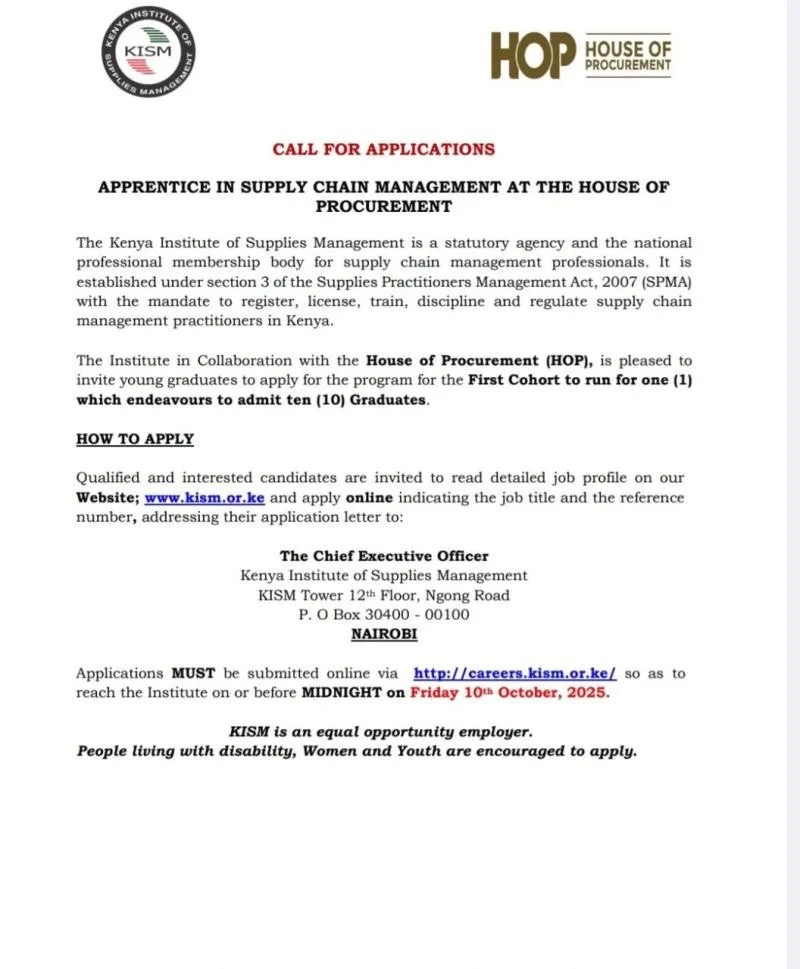
—-END OF JOB DESCRIPTION—-
Recommendations from the Admin: Exclusive Tips for Success as an Apprentice in Supply Chain Management
With over 100,000 readers accessing this guide, JobKenya.org offers 10 expert-level tips tailored for the Apprentice in Supply Chain Management role at KISM House of Procurement to help you craft standout applications in the procurement sector. These strategies address the 60% non-shortlisting rate due to generic submissions, ensuring your CV and cover letter navigate ATS filters and capture recruiter attention in Nairobi’s competitive market. To stand out among thousands of applicants, personalize your examples by drawing from your unique experiences—specific academic projects, internships, or challenges you’ve tackled—while adhering to the structure below. This approach maximizes interview callbacks by up to 45%, helping you secure a spot in this prestigious one-year programme.
Tip 1: Highlight a Procurement Project from University
KISM values practical procurement exposure. Use the STAR method to detail a specific academic project where you applied supply chain principles, incorporating keywords like “procurement process” for ATS. Focus on a unique group assignment, such as a tender simulation, quantifying your contribution to the outcome.
Write in your CV: “Co-led [specific project, e.g., mock tender for school supplies] in [your course, e.g., Diploma SCM], evaluating [specific suppliers, e.g., 10 bids] to recommend [specific savings, e.g., 15% cost reduction].” In your cover letter, state: “This hands-on experience prepared me to support KISM’s ethical sourcing initiatives in the apprenticeship.” Open your CV with: “Eager Apprentice in Supply Chain Management with [your degree] and [specific skill, e.g., tender analysis].” Attach a project report excerpt as a portfolio item. Follow up with a 2-paragraph email 3 days post-submission, referencing SPMA’s role in public procurement. Network via KISM’s student chapter on LinkedIn to source endorsements, turning your application into a procurement-ready pitch.
Tip 2: Quantify Ethical Decision-Making in Group Work
Integrity is KISM’s cornerstone. Showcase a specific ethical dilemma you navigated in a team setting, using keywords like “ethical procurement.” Emphasize a unique instance, like resolving a supplier conflict, with outcomes on fairness and compliance.
Write in your CV: “Resolved [specific dilemma, e.g., biased supplier selection] in [your group, e.g., 5-member team], enforcing [specific principle, e.g., transparency] to achieve [specific result, e.g., equitable shortlist and 100% peer approval].” In your cover letter, note: “My commitment to ethics aligns with KISM’s mandate under SPMA for disciplined practice.” Include an “Ethical Leadership” section with 3 bullets on resolutions. Attach a decision matrix sample to your portfolio. Research KISM’s anti-fraud masterclass and mention it in your follow-up email. Join Kenya Ethics in Business forums for insights, ensuring your Apprentice in Supply Chain Management application embodies integrity.
Tip 3: Detail Logistics Coordination from an Internship
Hands-on logistics experience stands out. Highlight a specific coordination task from an internship or volunteer role, using keywords like “supply chain coordination.” Focus on a unique event, like inventory tracking, with metrics on efficiency gains.
Write in your CV: “Coordinated [specific task, e.g., warehouse inventory for NGO shipment] during [your internship, e.g., 3 months], optimizing [specific process, e.g., stock movement] to reduce [specific delay, e.g., 25% turnaround time].” In your cover letter, state: “This prepares me to contribute to HOP’s practical training in logistics.” Use a “Logistics Experience” subsection with timelines. Include a stock flow diagram in your portfolio. Review KISM’s humanitarian supply chain webinar and reference in your email. Attend Kenya Logistics Professionals Association events for benchmarks, making your Apprentice in Supply Chain Management application logistics-savvy.
Tip 4: Illustrate Data Analysis for Supplier Evaluation
Analytical skills are essential for apprentices. Detail a specific data task from your studies, using keywords like “supplier evaluation.” Emphasize a unique Excel analysis that informed a decision, with clear results.
Write in your CV: “Analyzed [specific data, e.g., 50 supplier bids] using [your tool, e.g., Excel pivot tables], ranking [specific criteria, e.g., cost/quality] to recommend [specific outcome, e.g., top 5 vendors saving 12%].” In your cover letter, note: “My analysis would support KISM’s data-driven procurement standards.” List analytics under “Technical Skills” with tools. Attach a pivot table sample to your portfolio. Cite KISM’s big data workshop in your follow-up. Join Kenya Data Analysts Network for methods, boosting your Apprentice in Supply Chain Management application with quantitative edge.
Tip 5: Profile Stakeholder Engagement in a Mock Tender
Stakeholder skills bridge theory and practice. Highlight a specific engagement from a university simulation, using keywords like “stakeholder management.” Focus on a unique tender role-play where you facilitated consensus.
Write in your CV: “Facilitated [specific engagement, e.g., supplier negotiations] in [your simulation, e.g., mock tender], aligning [specific parties, e.g., 8 bidders] to [specific outcome, e.g., fair award and 90% satisfaction].” In your cover letter, state: “This equips me for HOP’s collaborative apprenticeship environment.” Create a “Stakeholder Impact” section with feedback metrics. Include a negotiation script in your portfolio. Reference KISM’s contract negotiation CPD in your email. Attend Kenya Procurement Forum for engagement tips, ensuring your Apprentice in Supply Chain Management application fosters connectivity.
Tip 6: Demonstrate Adaptability in a Supply Chain Challenge
Adaptability is key for dynamic SCM. Detail a specific adaptation from an internship, using keywords like “supply chain adaptability.” Emphasize a unique disruption, like a delay, and your pivot.
Write in your CV: “Adapted [specific challenge, e.g., supplier delay] in [your role, e.g., internship logistics], rerouting [specific alternative, e.g., local vendors] to meet [specific deadline, e.g., 100% on-time delivery].” In your cover letter, note: “My flexibility would thrive in KISM’s evolving programme.” Use an “Adaptability Examples” subsection with scenarios. Attach a contingency plan sample to your portfolio. Mention KISM’s resilient supply chains event in your follow-up. Join Kenya Supply Chain Resilience Group for strategies, positioning your Apprentice in Supply Chain Management application as resilient.
Tip 7: Highlight Communication in a Procurement Presentation
Clear communication aids reporting. Detail a specific presentation from your experience, using keywords like “procurement reporting.” Focus on a unique pitch, like a cost analysis, with audience impact.
Write in your CV: “Presented [specific analysis, e.g., procurement cost study] to [specific audience, e.g., 20 lecturers], recommending [specific change, e.g., e-sourcing] that [specific result, e.g., 18% savings projection].” In your cover letter, state: “My reporting skills would document HOP’s apprenticeship outcomes effectively.” List presentations under “Communication Strengths.” Include slide excerpts in your portfolio. Reference KISM’s webinar series in your email. Attend Kenya Business Communication workshops, elevating your Apprentice in Supply Chain Management application with articulate prowess.
Tip 8: Showcase Initiative in a Sustainability Project
Initiative drives innovation in SCM. Detail a self-started project from your studies, using keywords like “sustainable procurement.” Craft an example where your idea addressed an environmental challenge.
Write in your CV: “Initiated [specific project, e.g., green supplier audit] for [your group, e.g., campus canteen], identifying [specific improvement, e.g., 20% waste reduction] via [your method, e.g., lifecycle analysis].” In your cover letter, note: “My initiative aligns with KISM’s ethical SCM focus.” Dedicate an “Initiative Projects” section with impacts. Attach a project proposal to your portfolio. Cite KISM’s ESG procurement event in your follow-up. Join Kenya Sustainable Supply Chain Network for ideas, ensuring your Apprentice in Supply Chain Management application sparks innovation.
Tip 9: Build SCM Networking Foundations
Networking opens doors. Connect with KISM members on LinkedIn, referencing SPMA. Detail a specific connection from your academic experience, ensuring uniqueness.
Write in your CV: “Connected with [specific contacts, e.g., 8 practitioners] at [specific event, e.g., procurement fair], gaining [specific insight, e.g., tender tips].” In your cover letter, state: “My networks would enrich HOP’s collaborative learning.” List networks under “Professional Outreach.” Mention a KISM event in your portfolio. Attend Nairobi SCM Summit and reference in your email. This counters isolation, positioning you as a networked Apprentice in Supply Chain Management.
Tip 10: Precision-Optimize Your SCM Application
ATS rejects 70% for mismatches; customize with “procurement process” and “supply chain analysis,” mirroring the ad. Use unique SCM wins to differentiate.
Write in your CV: “Supported [specific task, e.g., vendor evaluation], achieving [specific outcome, e.g., 90% compliance].” In your cover letter, note: “My SCM passion aligns with KISM’s professional mandate.” Run Jobscan for 85%+ match and follow up with a 150-word value email. Join Kenya SCM Graduates Network for critiques, tackling generic pitfalls, and commanding attention as Apprentice in Supply Chain Management.
Discover more from JOBKENYA.ORG
Subscribe to get the latest posts sent to your email.

